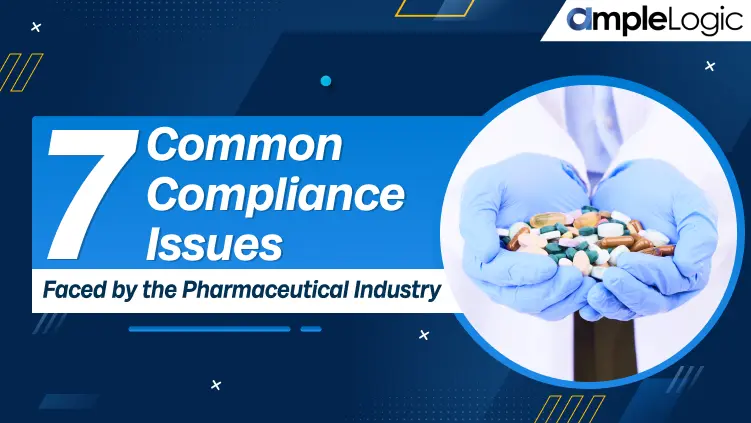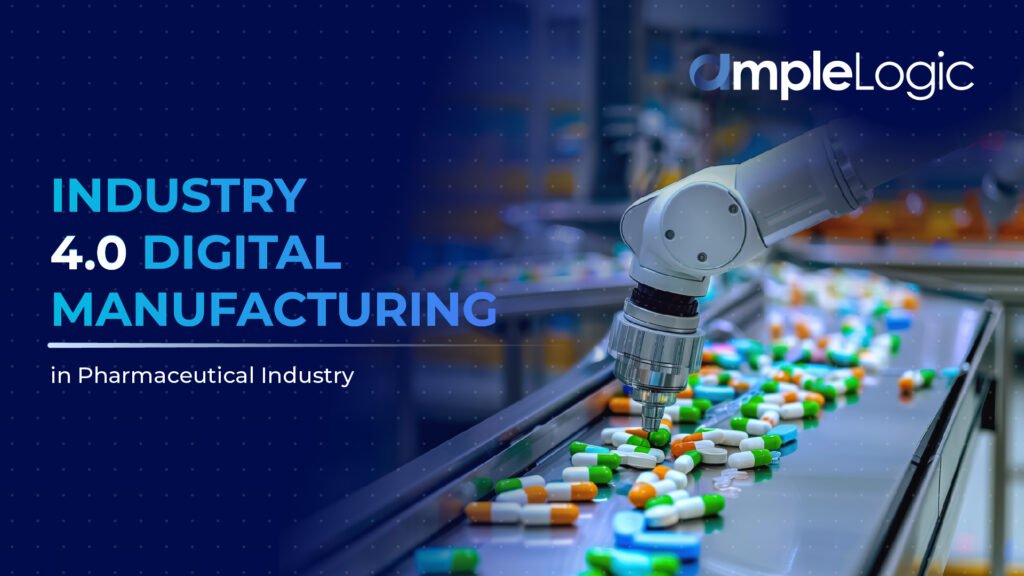
The pharmaceutical industry plays a critical role in safeguarding public health by researching, developing, and manufacturing life-saving drugs. However, this sector operates within a highly regulated environment due to the potential risks associated with drug production and distribution. Compliance with regulatory standards is essential to ensure patient safety and maintain the industry’s credibility. This article explores seven common compliance issues the pharmaceutical industry encounters and discusses their implications.
Common Compliance Issues in Pharma
Despite advances in technology and process optimization, pharmaceutical companies still face persistent compliance hurdles. These issues aren’t just regulatory checkboxes, they directly impact drug quality, patient safety, and a company’s ability to scale sustainably. Below are seven of the most pressing compliance challenges confronting the industry today.
1. Good Manufacturing Practices (GMP) Violations
One of the most significant compliance challenges is adhering to Good Manufacturing Practices. GMP violations can include inadequate quality control, improper documentation, and failure to follow standard operating procedures. Such breaches may lead to product recalls, regulatory fines, and reputational damage.
2. Data Integrity
Data integrity is critical for maintaining the accuracy, completeness, and consistency of pharmaceutical records. Compliance issues arise when companies lack robust data management systems, resulting in risks like data manipulation, unauthorized access, or data loss. These breaches can affect product quality, clinical trial outcomes, and regulatory submissions.
3. Adverse Event Reporting
Pharmaceutical companies are required to report any adverse events related to their products in a timely manner. Compliance failures occur when companies do not identify or report these events within regulatory deadlines. Poor adverse event reporting not only endangers patients but also compromises transparency and industry trust.
4. Supply Chain Compliance
The pharmaceutical supply chain is complex, involving multiple stakeholders, including manufacturers, distributors, and pharmacies. Ensuring compliance across the supply chain is challenging, particularly when dealing with counterfeit products, unauthorized distribution, or improper storage and handling. Breakdowns in supply chain compliance can result in substandard or counterfeit drugs reaching patients.
5. Fraud and Corruption
The pharmaceutical sector faces risks related to fraud and corruption, including illegal kickbacks, off-label promotion, and bribery. Such unethical practices can endanger patient safety and disrupt fair market competition. Non-compliance in this area can lead to serious legal repercussions, brand damage, and financial losses.
6. Intellectual Property Protection
Intellectual property (IP) is a cornerstone of pharmaceutical innovation. Compliance issues arise when organizations fail to protect their IP rights or become involved in patent infringement. Weak IP protection can stifle innovation, deter investment, and trigger prolonged legal disputes.
7. Regulatory Compliance in Research and Development
Pharmaceutical companies must follow strict regulatory requirements throughout the research and development (R&D) lifecycle. Non-compliance may involve failing to meet ethical standards, obtaining inadequate participant consent, or inaccurately reporting trial data. These lapses can delay drug approvals, jeopardize patient safety, and erode public trust.
Wrap Up
Compliance challenges in the pharmaceutical industry are diverse and often complex, with the potential to impact patient safety, business reputation, and innovation. To mitigate these risks, companies must prioritize compliance through strong quality systems, secure data practices, and supply chain oversight. A proactive compliance culture helps build trust, accelerate drug development, and ensure long-term sustainability.
Amplelogic, the first low-code-driven product company for life sciences, supports faster compliance and quality assurance through integrated, pharma-specific solutions. With 14+ commercial off-the-shelf (COTS) products, including eQMS, LMS, DMS, eLogs, Calibration Schedules, Stability, APQR, and more. Amplelogic empowers over 100 pharmaceutical companies worldwide to stay compliant and future-ready.
Schedule a demo with our team to explore the easy transition. For more details, visit Amplelogic Resources.





















